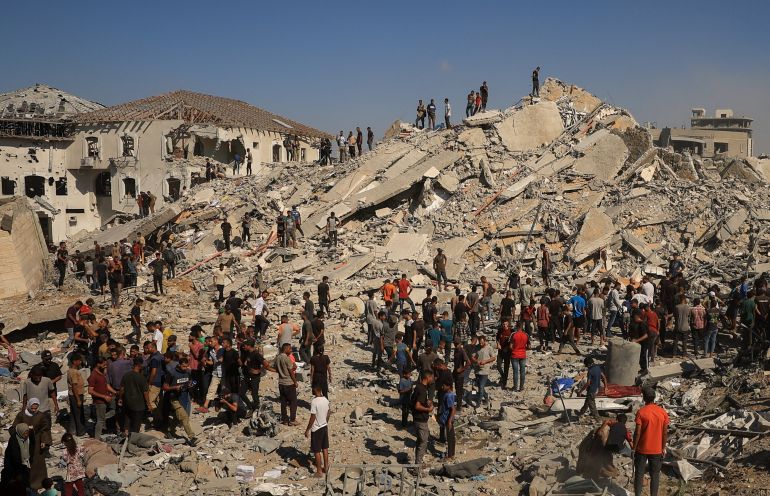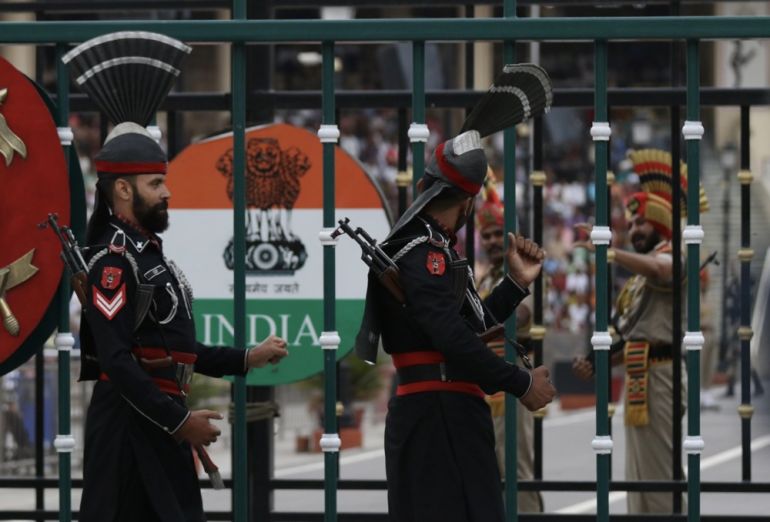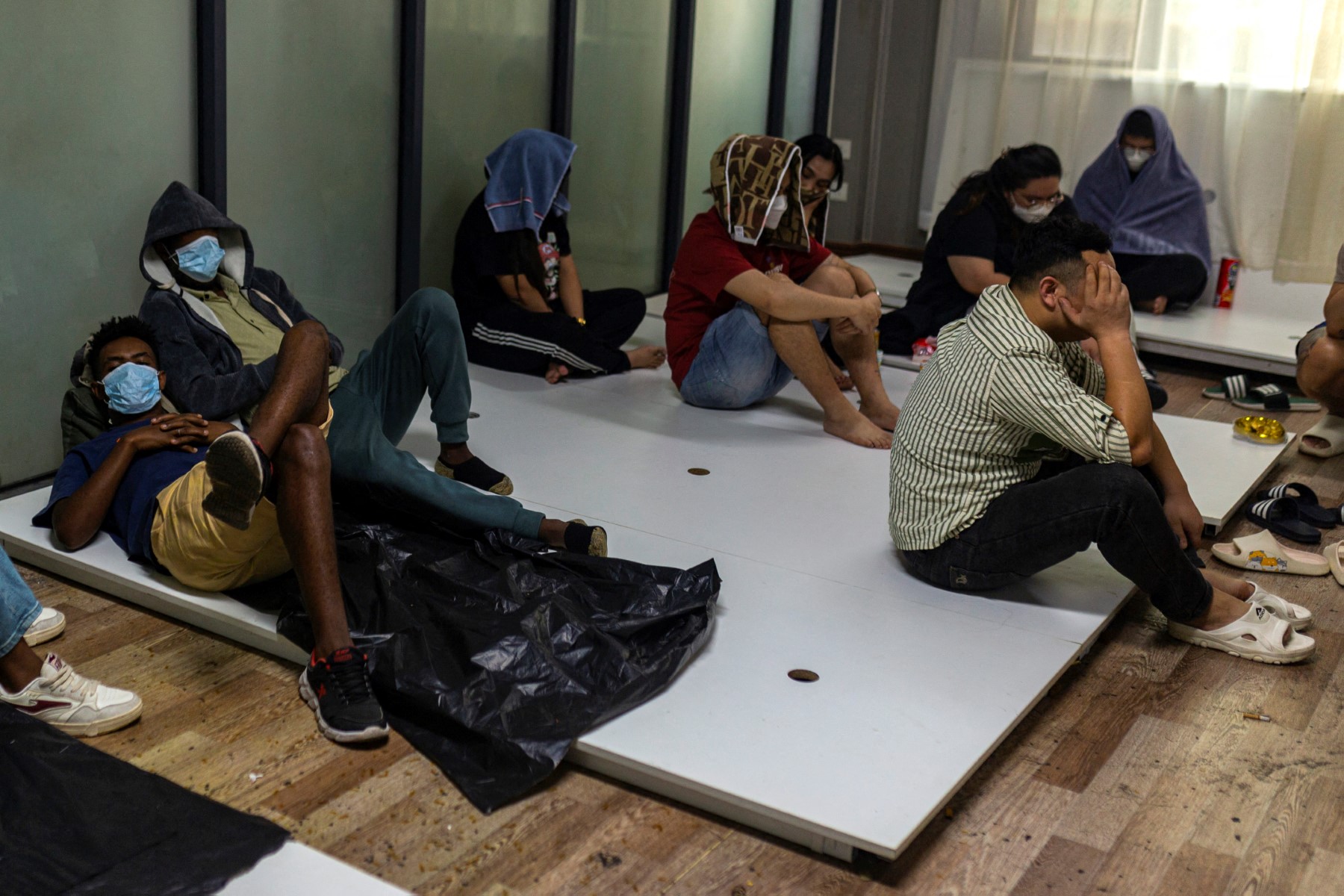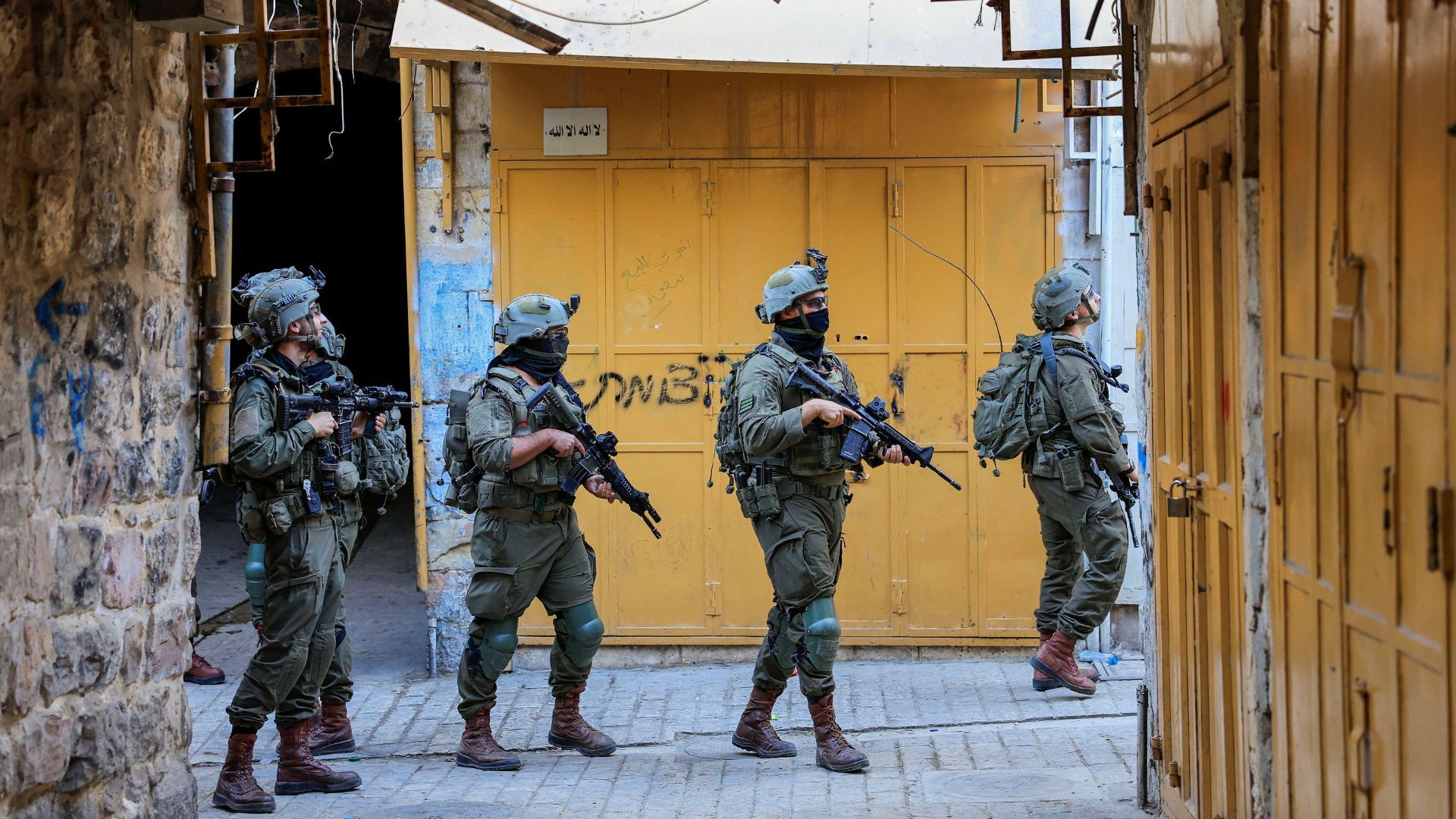Israeli Prime Minister Benjamin Netanyahu has threatened Palestinians in Gaza City to “leave now”, as the United Nations human rights chief condemned Israel for what he described as the “mass killing” of civilians and deliberate obstruction of lifesaving aid.
Volker Turk, the United Nations high commissioner for human rights, accused Israel on Monday of committing “war crime upon war crime” and said the scale of devastation in Gaza was “shocking the conscience of the world”.
Recommended Stories
list of 3 itemsend of list
He added that Israel “has a case to answer before the International Court of Justice (ICJ)”, pointing to the court’s ruling in January that obliged Tel Aviv to prevent acts of genocide.
Turk’s appeal to end the “carnage in Gaza” came as Israeli forces continued their destruction of Gaza City, the largest urban centre in the enclave, ahead of their plans for a ground invasion of the city.
The Palestinian Civil Defence said that Israeli strikes have levelled more than 50 buildings across Gaza since Sunday morning, while another 100 have been partially damaged. Spokesman Mahmoud Basal accused Israel of deliberately hitting residential blocks next to encampments of displaced families, destroying more than 200 tents in the last 24 hours.
He said that rescue teams are continuing to pull people from the rubble in Gaza City’s Tuffah neighbourhood after Israeli bombs flattened buildings in the az-Zarqa district. Mosques and sport grounds were also targeted, he added.
Al Jazeera’s Hani Mahmoud, reporting from Gaza City, said it was “heartbreaking to watch these high-rise towers in Gaza City falling one after another due to the systematic tactics of the Israeli military”.
“It’s not just a building that’s been destroyed – it’s the services that come with it, services that are crucial for people trying to live their lives after nearly two years of war.”
Dozens killed, famine deepens
Local hospitals told Al Jazeera that at least 52 Palestinians were killed on Monday alone, with 32 of them in Gaza City. The Ministry of Health reported six more deaths, including two children, from starvation and severe malnutrition in the besieged enclave, where Israel routinely blocks or bombs aid.
Among those killed in Israel’s bombardment on Monday was Osama Balousha, a Palestinian journalist, medics said.
Palestinian officials say that nearly 250 journalists have been killed in Gaza since the war began – all of them Palestinian, as Israel bars foreign reporters from entering. It is the deadliest conflict for media workers in modern history.
The Israeli military said that four of its soldiers were also killed when a roadside bomb detonated under a tank in northern Gaza.
‘Humanitarian areas’ under fire
Israel issued new evacuation threats on Monday, releasing maps warning Palestinians to leave a highlighted building and nearby tents on Jamal Abdel Nasser Street in Gaza City or face death. It told residents to move to the so-called “humanitarian area” in al-Mawasi, a barren stretch of coast in southern Gaza.
But al-Mawasi itself has been repeatedly bombed, despite Israel insisting it is a safe zone. At the start of the year, about 115,000 people lived there. Today, aid agencies estimate that more than 800,000 – nearly a third of Gaza’s population – are crammed into overcrowded makeshift camps.
Spanish Prime Minister Pedro Sanches echoed the UN’s condemnation of Israel and announced new measures against the country.
He said Spain would block ships and aircraft carrying weapons to Israel from using its ports or airspace, expand humanitarian aid to Palestinians, and ban imports of goods produced in illegal Israeli settlements.
“We hope that they will serve to add pressure on Prime Minister Netanyahu and his government to alleviate some of the suffering that the Palestinian population is enduring,” Sánchez said in a televised address.
He added that anyone directly involved in what he said was a “genocide” would be banned from entering Spain.
Hamas open to ceasefire as violence spreads to West Bank
Meanwhile, Hamas said it was ready to “immediately sit at the negotiating table” after receiving proposals from the United States for a ceasefire and release of captives.
US President Donald Trump declared he had issued his “last warning” to Hamas to accept a deal. Axios, citing an unnamed source, reported that the US plan includes a staged Israeli withdrawal from Gaza, “subject to the new government in Gaza’s ability to impose security’.
Hamas dismissed this as a trap, saying that the condition effectively grants Israel veto power over how and when the withdrawal happens.
The war also spilled into the occupied West Bank on Monday, after Palestinian gunmen killed six people and wounded dozens more near an illegal settlement. The attackers were shot dead by an Israeli soldier and a civilian.
In response, Israeli forces sealed off checkpoints between occupied East Jerusalem and the West Bank, while troops raided nearby Palestinian villages, including Qatana, Biddu, Beit Inan and Beit Duqu.
Al Jazeera’s Hamdah Salhut, reporting from Amman, Jordan, said such raids were part of Israel’s “collective punishment” policy.
“It is the collective punishment that takes place every time. The villages are raided, the roads are blocked, the checkpoints are completely shut down, family members are arrested and, ultimately, the family home is demolished,” she said.
In Jenin, two 14-year-old boys – Mohammad Sari Omar Masqala and Islam Abdel Aziz Noah Majarmah – were confirmed killed during the Israeli raids. Wissam Bakr, the director of Jenin Government Hospital, said that Masqala died from his wounds hours after the Jerusalem attack.
Palestinian politician Mustafa Barghouti said that Israel uses such attacks as pretexts for escalation.
“Attacks on Palestinian cities and towns in the occupied West Bank are a pattern that exists without any attacks,” he said. “It’s just that they [Israel] use such a moment to justify and escalate collective punishment acts against Palestinians.”










